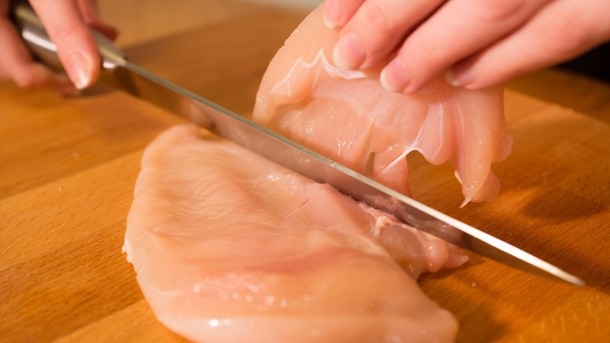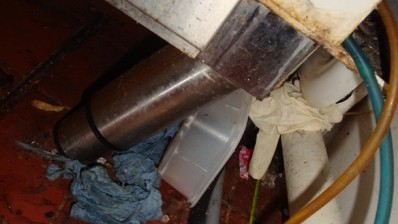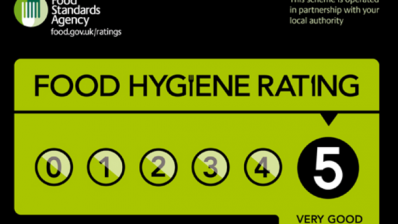FOOD SAFETY
Top 5 food safety slip ups - and how to avoid them

Despite most operators understanding how to handle and cook raw meat, there were still approximately 280,000 cases of campylobacter poisoning from raw chicken every year, according to Dr Lisa Ackerley, strategic adviser at Acoura and food safety adviser to the British Hospitality Association (BHA).
She said: “We still have so many cases of campylobacter and the Food Standards Agency (FSA) has a target to try and reduce that by 100,000 by March 2017.
Dr Lisa Ackerley
"It’s probably going to be cross-contamination that’s causing problems when you’ve got a small kitchen and you’re handling raw chicken or when people are attempting to wash it and squirting contamination all over the sink."
Contaminated
“Still well over 50% of chickens are contaminated with campylobacter. Most people I think know about cooking it properly, it’s probably going to be cross-contamination that’s causing problems when you’ve got a small kitchen and you’re handling raw chicken or when people are attempting to wash it and squirting contamination all over the sink. Don’t wash raw chicken packaging either.”
Operators need to know they are most likely dealing with a contaminated product and understand the need to decontaminate themselves after handling it, she added.
Disinfectant
“They need to make sure they use the right chopping board and use a disinfectant.
“If you’re using a sanitiser, you need to use it for the appropriate time. If you put the sanitiser on and don’t wait for the contact time before wiping it off it won’t work as well.”
Ackerley’s top food safety issues:
Hand hygiene:
“A past FSA study showed 39% of catering trade people didn’t wash their hands after going to the toilet. It’s pretty shocking.”
Sourcing food:
“Don’t be tempted by offers of cheap food. Sometimes if it’s too cheap to be true, it may not be true.
"There have been issues where people have bought, for example, ground almonds that weren’t ground almonds at all – they were actually ground peanuts. Or they’ve been adulterated with peanuts. You could be putting people with allergies to peanuts at risk. The key thing is to only buy from reputable suppliers that you trust.”
Not knowing what’s in your food:
“Know what your ingredients are and have up-to-date information for your customers.
"It’s illegal not to have information on the 14 key allergens in the EU Food Information to Consumer regulations. There are still people who don’t do this. A recent survey found a lot of people are still not up to speed.”
Rare burgers:
“The message on this one is to keep your eye open for what’s going on with rare burger legislation.
"Make sure you’re not tempted to cook rare burgers unless you have followed guidance – there is draft guidance out at the moment from the FSA.
"The safest thing to do if you haven’t got a really robust system lower down in your supply chain is to make sure you cook to a core temperature of 75°C. Use a thermometer, don’t guess because you can’t tell by colour alone – colour is not an indicator of safety.”







